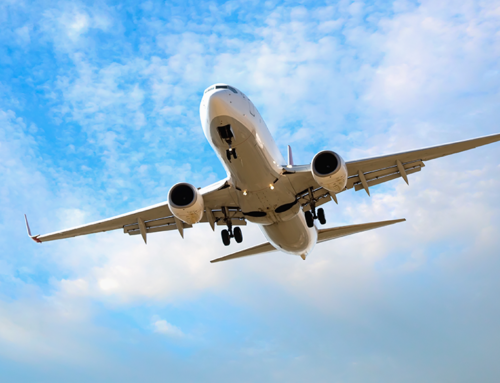By Dana Yamashita
With an increase in online purchases due to the COVID-19 pandemic, inequities in urban freight and the delivery of goods have become more prevalent. And in areas where grocery store access is limited or non-existent, or for those who have limited access to online purchasing, these inequities are perpetuating food insecurity.
Researchers from Rensselaer Polytechnic Institute are studying how potential effects of traffic network and route reconfiguration, the sustainability of offering free or low shipping fees, and the supply chain costs associated with healthy food items could help close the gap in urban freight delivery.
“These extreme cases illustrate what happens if we leave the markets to their own devices,” said José Holguín-Veras, director of the Center for Infrastructure, Transportation, and the Environment at Rensselaer Polytechnic Institute. “The markets work fine in a wide range of conditions, but there are some instances where the markets don’t provide an optimal solution.”
Online vendors often provide incentives, such as free delivery, to encourage people to shop online, creating more deliveries, increased traffic, and pollution. Meanwhile, underserved areas have the opposite challenge because suppliers lack an incentive to deliver healthy food and other necessities.
The Rensselaer research team will develop dynamic game theory models that accurately capture numerous market dynamics — including the behaviors of customers, vendors, and shipping companies. Using these models, they will test and evaluate potential policy changes. The team’s research is supported by a $325,000 grant from the National Science Foundation.




